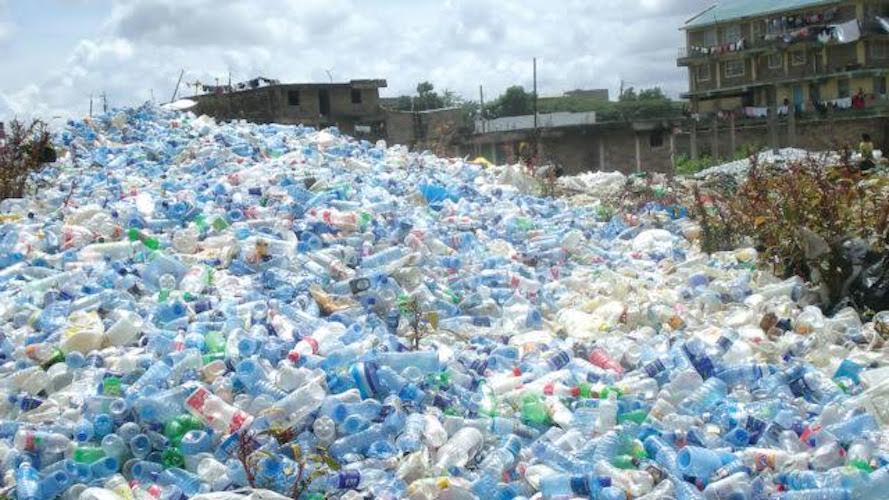The Pan African Manufacturers Association (PAMA) has called on governments across the continent to reconsider the rising trend of outright bans on single use plastics, urging instead for a more sustainable, inclusive, and economically sensitive approach anchored on recycling and the circular economy.
In a detailed position paper titled “Africa’s Race to Plastic Ban: An Environmental Necessity or Threat to Local Manufacturing?” the association expressed concern that sudden, wide reaching restrictions on plastics though well intentioned could inadvertently cripple Africa’s already vulnerable manufacturing base, particularly its small and medium-scale enterprises.
PAMA cited Nigeria’s recent policy directive, which includes a phased ban on single-use plastics within Federal Government offices, as part of a broader continental movement that also includes Kenya’s 2017 plastic bag prohibition and Rwanda’s early restrictions. The group warned that such measures, if not properly executed with adequate transition frameworks and industry consultations, could destabilise local industries.
“While we fully acknowledge the urgent need to protect our environment, the approach must not come at the cost of livelihoods and industrial survival,” the statement read. It further noted that in Kenya, several plastic manufacturers were forced to shut down operations almost overnight following the enforcement of its plastic bag ban, with no clear support structures in place for compensation, retraining, or transition to alternative materials.
PAMA argued that for many African manufacturers, especially SMEs, switching to biodegradable materials is not financially viable at this time due to high production and sourcing costs. This challenge, they say, is compounded by inconsistent enforcement policies and unclear timelines, leaving businesses in limbo and dissuading long-term investment in the sector.
In the case of Nigeria, the Lagos State Government’s 2024 move to ban Styrofoam and certain single-use plastics, set for stricter enforcement in 2025, has already triggered apprehension among stakeholders in the packaging, food processing, and logistics sectors. “The lack of clarity on support mechanisms or phased rollouts is creating anxiety across the manufacturing value chain,” PAMA stated. “The result could be capital flight, job losses, and the stalling of industrial progress in affected sectors.”
The association urged African policymakers to shift from reactionary bans to a “balanced, industry-sensitive” strategy that strengthens waste management infrastructure and supports a gradual transition. Specifically, PAMA is calling for significant public and private investment in recycling technologies, the incentivisation of eco-friendly alternatives, and regional cooperation in shaping uniform standards.
According to the group, plastic waste should be seen not just as a hazard but as an economic asset. “Africa must begin to treat plastic waste as a resource one that can drive job creation, innovation, and industrial development if properly managed,” PAMA noted.
Highlighting examples of innovation driven recycling initiatives, PAMA referenced Nigeria’s WeCyclers and Kenya’s EcoPost as successful models that demonstrate the economic viability of circular economies in Africa. These initiatives, the group said, prove that it is possible to protect the environment while simultaneously fostering enterprise and employment.
“Recycling, in the African context, should not be viewed narrowly as an environmental act it is a powerful tool for industrial policy, inclusive growth, and regional integration,” the association emphasised.
Furthermore, PAMA called on the African Continental Free Trade Area (AfCFTA) to play a proactive role in harmonising regulatory frameworks across member states. It proposed the creation of a digital platform that would connect recyclers, waste collectors, and manufacturers, thereby easing logistics, improving transparency, and reducing trade bottlenecks.
Led by Interim President Mansur Ahmed and Co Secretary Segun Ajayi Kadir, PAMA is advocating for a phased and consultative implementation of plastic related regulations, urging governments to provide incentives for industries willing to make the shift and to engage meaningfully with stakeholders during policy formation.
“Environmental protection and industrial growth do not have to be at odds,” the association concluded. “With the right policy mix, Africa can lead a green industrial revolution that strengthens both the economy and the environment.”

